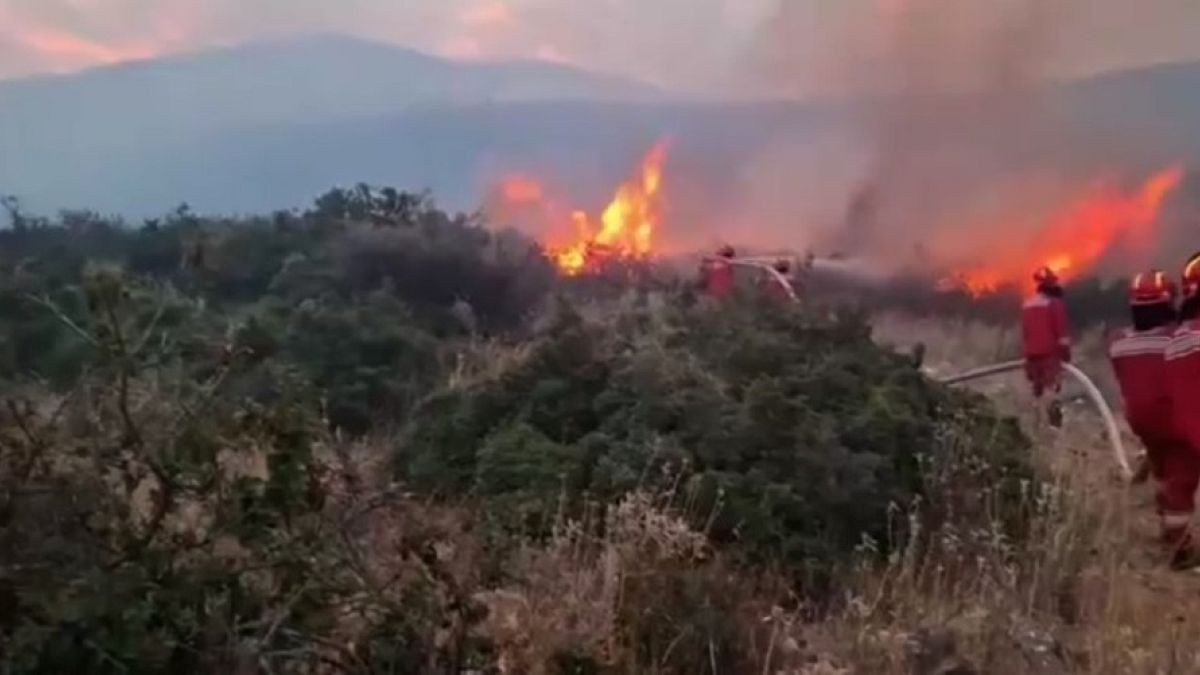

The world finds itself coping with an intricate web of challenges, as nations grapple with both human and environmental crises across various regions. From the persistent clamor for peace amid conflict to the ecological threats facing coastal areas, the necessity for global cooperation and mindfulness is becoming increasingly evident.
In Southeast Asia, Thailand and Cambodia have faced rising tensions along their shared border, with recent clashes causing distress among local populations. In an attempt to restore peace, the two nations have agreed to hold ceasefire discussions guided by Malaysia’s mediation. This serves as a beacon of hope for resolving the conflict that has already resulted in numerous lives lost and many others displaced.
The hostilities, rooted in disagreements around the Ta Muen Thom temple area, signal deeper underlying tensions that have surfaced despite a declared martial law by Thailand in the border districts. Organizations and governments around the world watch closely as the dialogue offers a potential pathway to tranquility, underpinned by support from international stakeholders such as the United States.
Meanwhile, coastal regions in Spain are dealing with an ecological dilemma. The invasion of an Asian seaweed species, Rugulopteryx okamurae, threatens the delicate marine ecosystems of the Strait of Gibraltar and Southern Spain. This invasive seaweed is overwhelming local habitats, disturbing biodiversity, and posing significant environmental management challenges. Efforts are underway by ecologists and local authorities to mitigate its spread and protect the native aquatic life.
Across the Mediterranean, the humanitarian situation in Gaza has captured global attention. The region is grappling with severe conditions as international aid struggles to reach those in need amid a complex geopolitical environment. Israel has announced a series of tactical pauses, offering a slim window of opportunity for aid flows with the hope of alleviating widespread shortages and malnutrition affecting thousands of people.
Despite these efforts, humanitarian agencies call for sustained and unconditional aid access to combat the alarming rates of hunger and malnutrition. The World Health Organization highlights that many of Gaza’s residents are on a ‘dangerous trajectory’ concerning food security, necessitating immediate international interventions. The strategic airdrops initiated are viewed as critical yet insufficient measures for addressing deeper-rooted humanitarian crises.
The international community, with actors such as France, Germany, and the UK, has increased diplomatic pressure on Israel to ensure that vital supplies can safely reach Palestinian territories. At the heart of these discussions lies a broader dialogue about the potential recognition of Palestinian statehood, which adds layers to the already intricate Middle-Eastern geopolitical landscape.
In Europe, similarly pressing environmental issues have emerged, with Albania and Bulgaria reaching out to the European Union for support to tackle devastating wildfires. These intense blazes have ravaged thousands of acres and resulted in the loss of homes, illustrating the urgent need for collective action to address the impacts of climate change and ensure adequate disaster management frameworks.
These distinct yet interconnected stories—spanning continents and encompassing both natural and human-made catastrophes—underscore a significant theme: the essentiality of global collaboration to foster resilience and ensure a peaceful, stable future for all communities. As nations engage in dialogue to solve conflicts and execute environmental management strategies, the commitment to mindful, compassionate policy-making remains vital.
Source: {link}
